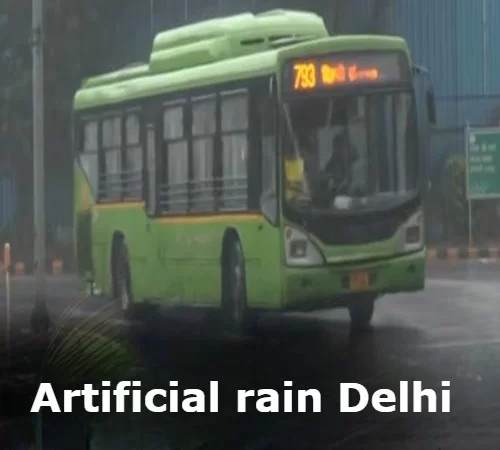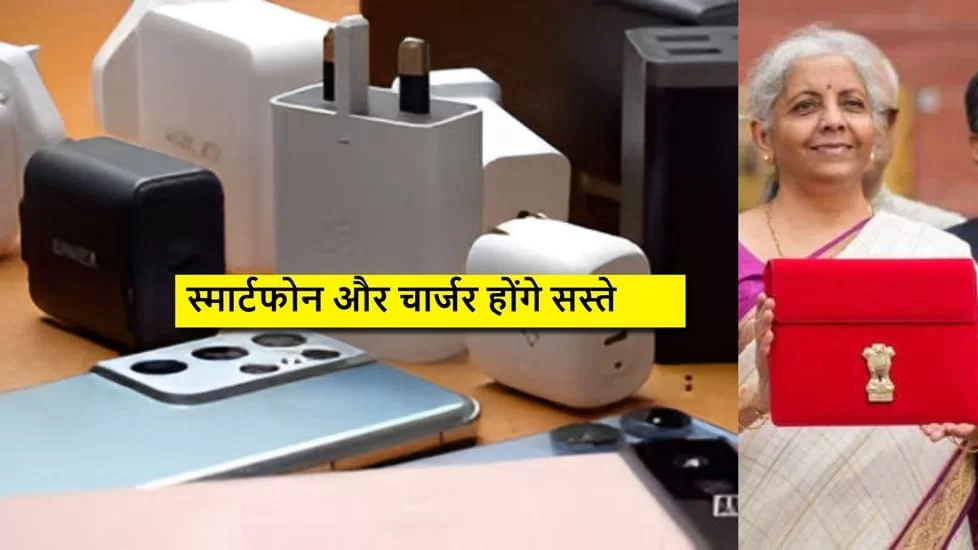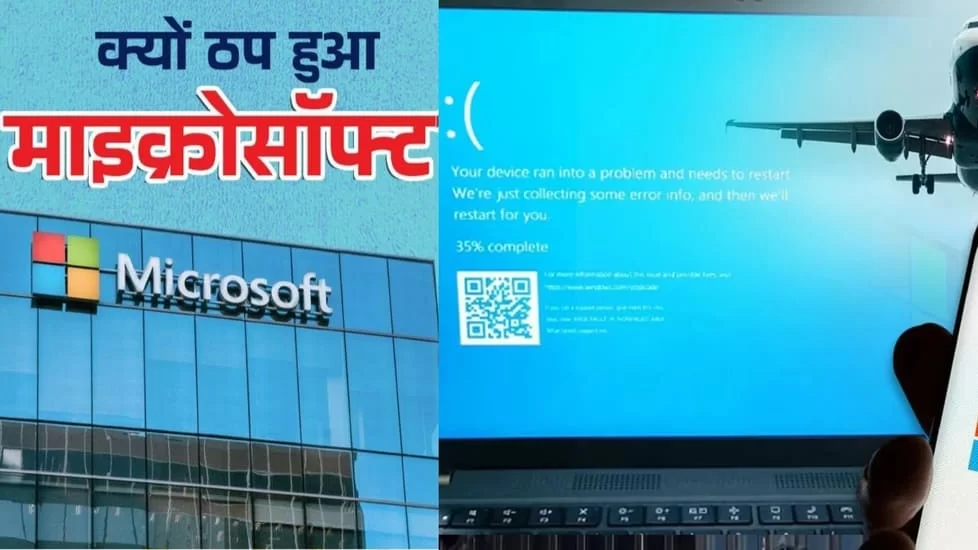

What is Artificial Rain? Know Artificial Rain Delhi, Cost, and Procedure at PrimeNewsly.

Share with social media

Battling pollution with innovation: Artificial rain in Delhi NCR – A Short-Term Respite with Long-Term Hope
Artificial rain, otherwise known as cloud seeding, includes the introduction of chemical substances such as potassium iodide, silver iodide, and dry ice into the air. These particles draw in water vapour from air, resulting in the creation of clouds and eventual rainfall. Techniques include seeding super-cooled clouds with materials like silver iodide or dry ice, and using hygroscopic materials, such as salt particles, for warmer clouds.

In a delightful twist of fate, residents of Delhi NCR received a pleasant surprise on Friday morning when a gentle rain shower arrived. This unexpected shower offered residents a much-anticipated break from the perilous air pollution levels. This timely rainfall provided relief by cleansing the persistent toxic pollutants that had troubled the area for days.
The government officials mentioned that although the recent natural rain provided some relief from pollutants, there is still a need for artificial rain. The Delhi government is planning to implement artificial rain using the cloud seeding method to reduce the high Air Quality Index (AQI) in the city. According to official sources, if the sky remains cloudy on November 20 and 21, the city may experience artificial rain.
IIT Kanpur is spearheading the innovative approach to induce artificial rain to combat pollutants in the Delhi and NCR region. The institute, involved in pollution control since 2018, successfully conducted an artificial rain trial this June. IIT Kanpur is planning to deploy cloud-seeding devices to create artificial rain and wash away pollutants.
Cloud seeding, or the process of artificial rain, utilizes small aircraft that fly through clouds, dispersing substances like silver iodide, potassium iodide, and dry ice (solid carbon dioxide). This action triggers the accumulation of water droplets within the clouds, leading to precipitation on the ground. Artificial rain resulting from cloud seeding tends to be more intense than natural rain.
Silver iodide is a chemical that serves as a nucleus for water particles to accumulate and form droplets. When these droplets gain enough weight, they fall on the earth surface, resulting in rain. The use of artificial rain has a longstanding history in both China and Middle Eastern nations. Countries across the globe have been engaged in continuous research on cloud seeding since the 1940s, with over 50 nations experimenting with this technology. For instance, China has harnessed artificial rain multiple times to mitigate pollution.

The IIT Kanpur institute computed the estimated artificial rain in Delhi cost as around 1 lakh per square kilometre. The Delhi government is ready to bear the expenses of artificial rain on November 20 and 21. However, they are also asking for support from the Central government.
According to Mahindra Agrawal, the IIT Kanpur professor, artificial rain can indeed be effective for the people of Delhi and the NCR. It will moderately enhance air quality for about a week. However, as artificial rain offers a temporary solution, it is certainly not a long-term remedy for mitigating pollution in the Delhi and NCR region.
ALSO READ: ![]() Budget 3.0, 2024: Smartphone and Charger will be Cheaper now, Custom Duty Reduced
Budget 3.0, 2024: Smartphone and Charger will be Cheaper now, Custom Duty Reduced
A. Unexpected rain arrived without prior prediction as the Delhi government decided to use artificial rain to combat ongoing pollution.
A. To bring down the high Air Quality Index (AIQ)
A. According to IIT Kanpur team, artificial rain costs 1 lakh to cover one square kilometre area
A. Well, artificial rain does provide solution against pollution, but it is temporary in nature, say, for a week.
ALSO READ: ![]() Hardik Pandya announces divorce from Natasa Stankovic, reveals who will have son Agastya
Hardik Pandya announces divorce from Natasa Stankovic, reveals who will have son Agastya
Conclusion:
The implementation of artificial rain in Delhi and the NCR region marks a novel approach to combat air pollution. Spearheaded by IIT Kanpur, this innovative method offers a temporary respite from the hazardous pollution levels, with an estimated cost of 1 lakh per square kilometer. While it can moderately enhance air quality for about a week, it remains a short-term solution in the ongoing battle against pollution. As the Delhi government explores this approach, it raises hope for a cleaner, healthier future in the region, though with a continued need for more sustainable, long-term measures to address the persisting pollution crisis.
Finance Minister Nirmala Sitharaman presented the budget for 2024. Giving relief to the general public, the government has also reduced the customs duty on smartphones and mobile phone chargers to 15%. This means that it will now be cheaper to buy a new phone.
Microsoft server Down: Microsoft's servers are down around the world. From India to Australia, servers of airlines, banks, stock markets, etc. are down. After all, due to what mistake of Microsoft, the whole world is facing such a problem. Let's know
Indian all-rounder Hardik Pandya has made a big announcement on Thursday (July 18). He announced his divorce from his wife Natasa Stankovic in an Instagram post.
Donald Trump Attack in Rally: Questions are being raised about the sniper in the security of former US President Donald Trump. It is being claimed that the sniper took his position just seconds before the attack. Some witnesses had also informed the police about the gunmen, but by the time anyone could understand, the bullet had touched Trump's ear.



